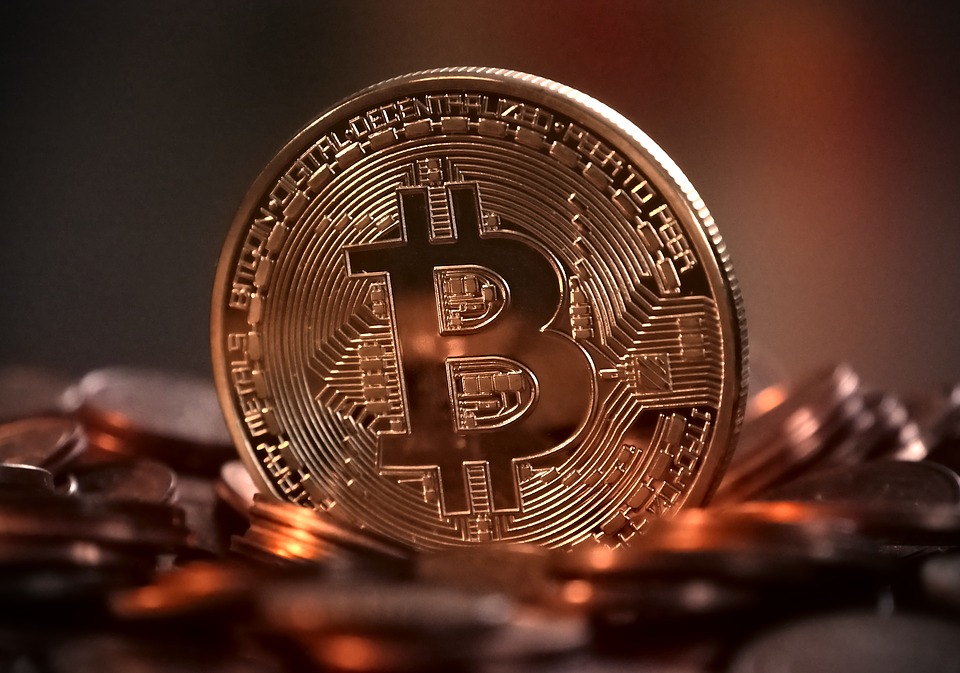
An introduction to Cryptocurrency
- February 24, 2018
- Sean Dickens
To start with, let’s answer the question that’s on everyone’s lips. What is cryptocurrency? It’s digital money, it’s anonymous, it’s secure and it’s also decentralised. Cryptocurrency exploded in popularity during 2017 and will continue to grow as more people start to realise its true potential.
Bitcoin was the first coin, introduced in 2009. Since then, hundreds more appeared, each offering something different and each having a different team behind them.
However, cryptocurrencies aren’t just fads. They’re here to stay. The total market for cryptocurrency worldwide is worth almost £600 billion in 2018 and will continue to grow.
The real world application of cryptocurrencies will change the landscape of money and the financial sector and really shake free from the monopoly that banks hold over our finances.
Top CEO’s and businessmen are on board
“Virgin Galactic is a bold entrepreneurial technology. It’s driving a revolution. And bitcoin is doing just the same when it comes to inventing a new currency.” – Richard Branson
You’ll be able to send money around the world without ridiculous fees. Hold your own money safely without a bank. Eliminate the need for cash and coins. Allow you to pay for anything with your mobile phone. The possibilities are endless.
Why should we use cryptocurrencies?
Cryptocurrencies break the shackles of modern, centralised money and gives users the freedom to move their money as they wish, purchase any coin they want to buy and not be imposed upon by centralised authorities.
Here are 6 reasons why using cryptocurrencies will change the way we move, spend and transact with our money in the future
Decentralised network
One of cryptocurrencies most groundbreaking features, and what makes it so exciting, is that it is not issued by any central authority and remains decentralised. This means that governments cannot interfere and remains free of regulations that are imposed on centralised authorities (banks, building societies).
This decentralised network allows users to transact with each other anonymously and discreetly through peer to peer, meaning there’s no middle man to manage the exchange of money and to take a fee.
Irreversible transactions
After being confirmed, your transaction cannot be reversed by anybody. Not you, not your bank, not your family, not your exchange and not even your dog..Nobody. If you send money to somebody, it will get there. No questions answered. If you send funds to a scammer, a hacker or a fake address then that’s on you. Yes, there’s dangers involved. But hey, who doesn’t like danger?
Anonymous trading and transactions
Your account, address and transactions aren’t connected to your real-world identity. You receive and send coins to private addresses, which are randomly generated sequences of around 30 letters and numbers. While you can see the transactions from a private address, it would be extremely difficult to connect the real world identity of an address to a person.
Fast and global network
Transactions are processed nearly instantly in the network and are confirmed in a couple of minutes. Transactions filter through a worldwide network of computers, so they are completely indifferent of your physical location. I can send any coin I want to somebody in Australia or to somebody round the corner and it wouldn’t matter.
Security
Cryptocurrency funds and wallets are secured by public key cryptography. Only the owner of the private key can send cryptocurrency. Strong cryptography and astronomical number and hash sequences make a private key address about as secure as The White House during an important Donald Trump speech.
No permission required
Cryptocurrency requires no permission or authorisation from anybody to use . It‘s just a software that everybody can use and download for free. There is nobody that can stop you from using it (Well, maybe a partner or parent!) and there is no sentinel that can stop from trading and transacting.
How does it work?
Cryptocurrencies use something called a blockchain to store and record every transaction that has taken place. Think of it as a huge digital ledger, a database for recording information that everyone on the peer-to-peer network has access too. The information is stored on ‘blocks’ and cannot be altered once in the ledger.
The blockchain utilises many users on the network to authorise and check whether a transaction and block contains valid information; whilst maintaining private addresses to create untraceable blocks that cannot be tracked back to a real-life identity.
The blockchain is decentralised and doesn’t need a central authority to regulate it. A copy of the ledger is available to view at anytime at blockchain.info. All blocks are time-stamped, allowing the network to track information on trades and transactions.
It’s simple in premise but a bit difficult to get your head around!
The blockchain is a ledger that is distributed throughout the entire network,. A collective unison of computers and users all contribute to this ledger.
In cryptocurrency, there’s a lot of jargon and abbreviations used to describe what a certain coin is doing. I find some of them hilarious, some of them downright ridiculous!
• FUD – Fear, uncertainty and doubt. This is news or propaganda designed to lower the price of a specific coin.
• HODL – An abbreiviation for holding onto your coin at all costs. Meant to say HOLD but it’s always remained as HODL!
• FOMO – Fear of missing out. A lot of people felt this when they missed out on Bitcoin. Me included! This cool calculator helps you find out how much you could of made!
• Mooning – When a coins price is going up extremely high. Also know as ‘going to the moon’.
• Whale – A whale is someone who owns an enormous amount of a coin and has the power to influence prices easily.
• Bulls – People who expect the price of a coin to go up. They’re mainly optimistic!
• Bears – People who expect the price of a coin to go down. They’re usually pessimistic!
• ATH – When a coins price reaches an all time high.
• Market cap – The total supply of coin X the current price of the coin. The price can also be multiplied by the circulating supply to gain a accurate figure.
A word of warning!
no expert on cryptocurrencies. I’m not suggesting you go out and spend your life savings on Bitcoin! Cryptocurrencies are still relatively new and the technology and implementation is still unexplored, thus creating uncertainty about the safety and the possible ‘Bubble’ that is occurring with Bitcoin. If you do invest and decide to purchase a coin, remember it’s prone to price swings, FUD and the use of real money. Invest what you’re willing to lose at your own risk!
If you want to invest in a coin, do extensive research and read about what the coin offers, the team behind it and the future application of the coin. The future application of the coin is where the true value lies. Popular exchanges such as Coinbase and Binance allow you to purchase and trade cryptocurrencies with ease if you’re considering it.
Inspiring Interns is a recruitment agency specialising in all the internships and graduate jobs London has to offer.







